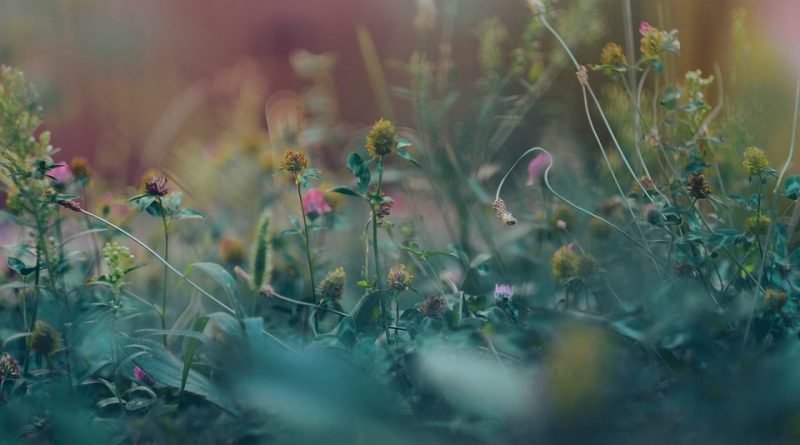Common Mistakes to Avoid When Starting a Garden as a Beginner
Starting a garden can be an exciting and rewarding experience, but it can also be overwhelming for beginners. There are many factors to consider when planning and planting your first garden, and it’s easy to make mistakes along the way. To help you avoid common pitfalls, here are some mistakes to watch out for when starting a garden as a beginner:
1. Not doing enough research: One of the biggest mistakes beginners make when starting a garden is not doing enough research beforehand. Before you start planting, take the time to learn about the plants you want to grow, the soil in your area, and the climate and weather conditions that will affect your garden. This will help you make informed decisions and plan a garden that is more likely to thrive.
2. Choosing the wrong plants: Another common mistake is choosing plants that are not well-suited to your garden’s conditions. Make sure to select plants that are appropriate for your climate, soil type, and sun exposure. For example, if you have a shady garden, don’t plant sun-loving plants that won’t thrive in low light conditions.
3. Over watering or under watering: Watering is essential for a successful garden, but it’s important to find the right balance. Over watering can lead to root rot and other problems, while under watering can cause plants to wilt and die. Check the soil regularly and water only when needed, making sure to water deeply and thoroughly to encourage strong root growth.
4. Neglecting soil health: Good soil is the foundation of a healthy garden, so it’s important to take care of your soil. Test your soil to determine its pH level and nutrient content, and amend it as needed with organic matter, compost, or fertilizer. Avoid compacting the soil by walking on it or working in it when it is wet, as this can damage the delicate soil structure.
5. Ignoring pests and diseases: Pests and diseases can wreak havoc on a garden if left unchecked, so it’s important to keep an eye out for signs of trouble. Check your plants regularly for pests, such as aphids, caterpillars, or plant diseases, and take action to control them before they become a major problem. Consider using natural and organic methods of pest control, such as hand picking pests or using insecticidal soap.
6. Not giving plants enough space: Another common mistake beginners make is planting their garden too close together. Make sure to give your plants enough space to grow and thrive, taking into account their mature size and shape. Crowded plants are more prone to disease and competition for resources, so spacing them out properly will help them flourish.
Starting a garden as a beginner can be a fun and rewarding experience, but it’s important to avoid common mistakes that can hinder your success. By doing your research, choosing the right plants, properly caring for your soil, and monitoring for pests and diseases, you can set yourself up for a successful and bountiful garden. Happy gardening!
